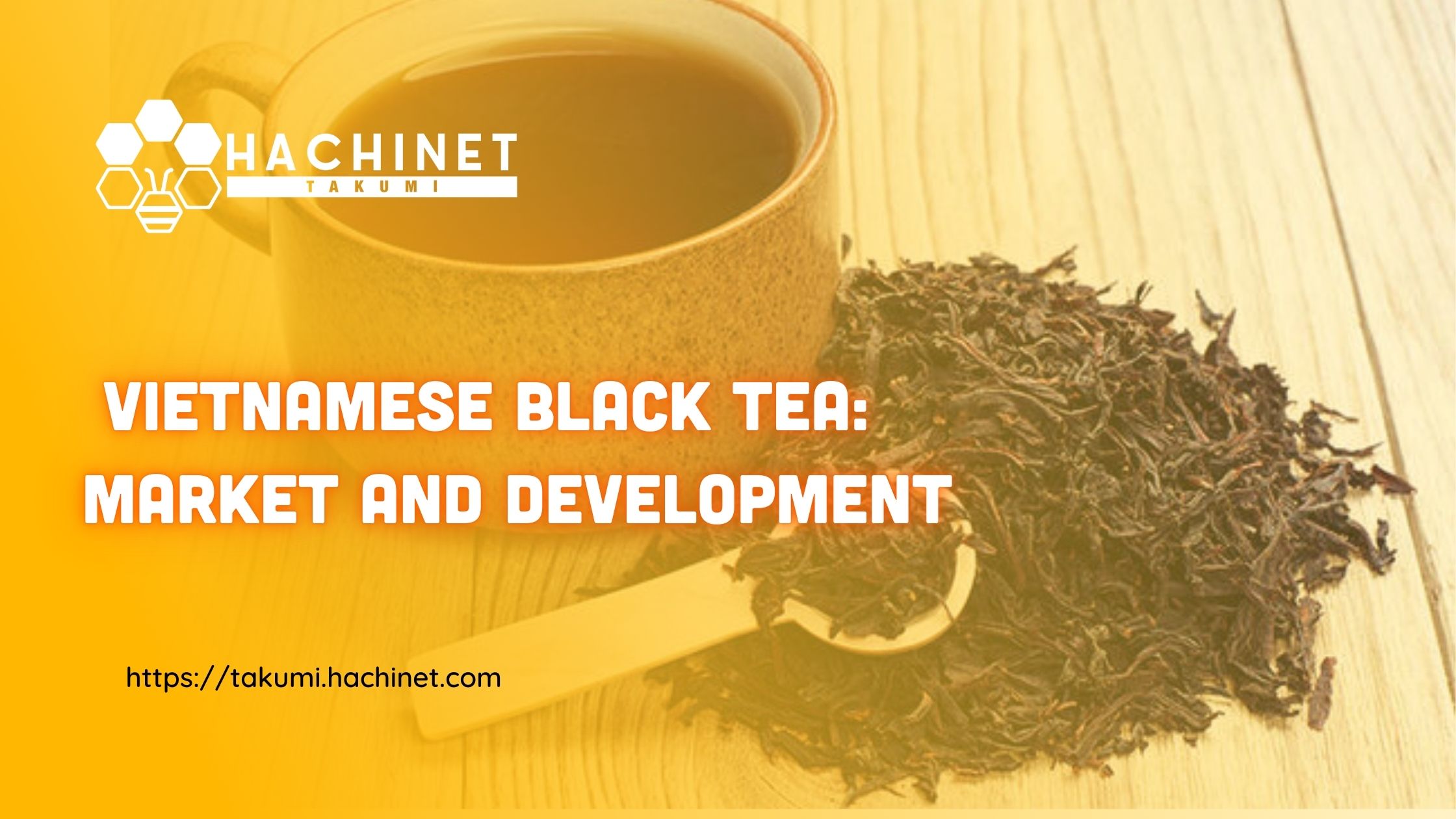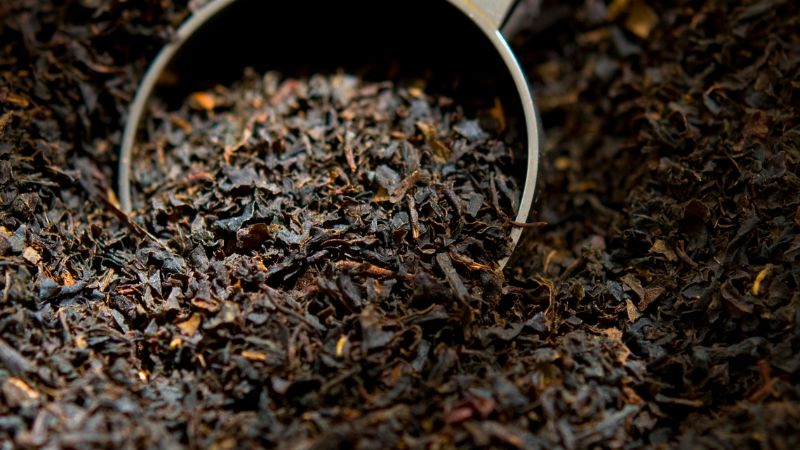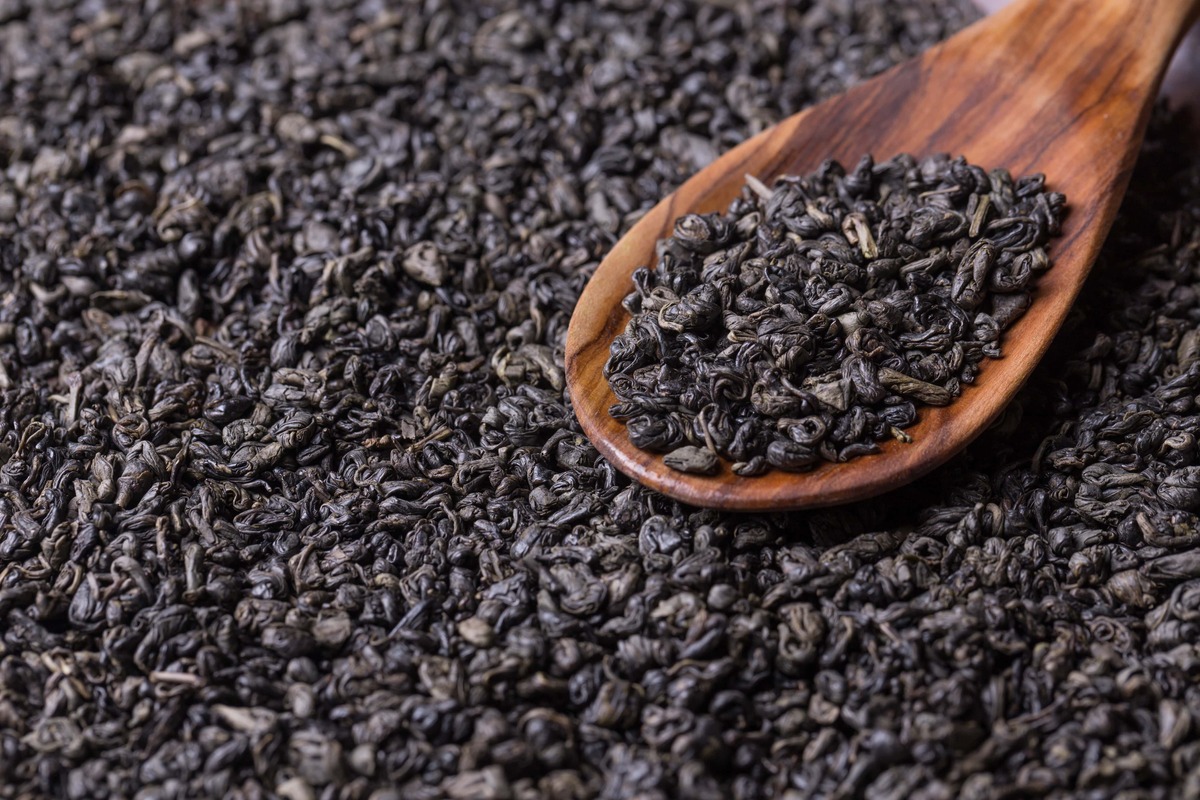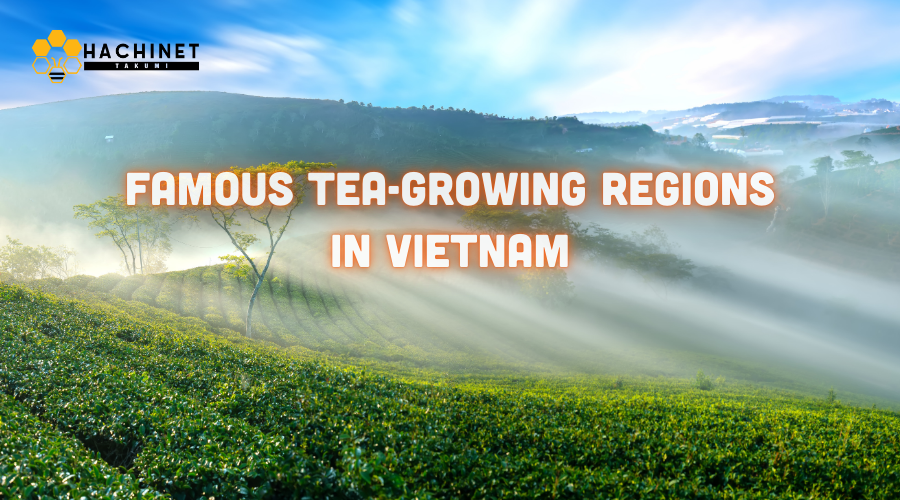Vietnamese Black Tea: Market and Development

Vietnamese black tea has gradually asserted its position in the international market thanks to investments in product quality and stringent production standards. Particularly, markets in Japan, the United States, and Europe are increasingly welcoming Vietnamese black tea with rising consumption rates.
History and Characteristics
Black tea has been present in Vietnam since the 19th century when the French brought tea seeds from India to cultivate here. Today, renowned regions for growing black tea such as Luc Ngan (Bac Giang), Tan Cuong (Thai Nguyen), and Cau Dat (Lam Dong) are celebrated for their high-quality black tea products, which reflect the unique characteristics and flavors of each locality.
Current Market and Development
Vietnamese black tea has gradually asserted its position in the international market thanks to investments in product quality and stringent production standards. Particularly, markets in Japan, the United States, and Europe are increasingly welcoming Vietnamese black tea with rising consumption rates.

Factors Driving Development
1. High Quality: Vietnamese black tea products are highly regarded for their flavor, color, and essential oil content, meeting the growing demands of the international market.
2. Product Diversification: Investments in research and development to create various types of black tea with different flavors and characteristics to cater to the preferences and needs of different consumer markets.
3. Supportive Policies: The Vietnamese government has been promoting the black tea industry through policies supporting production, consumption, export, and improvements in production standards and quality management.
Future Outlook
With significant potential and evident growth opportunities, the Vietnamese black tea market promises to continue its strong growth in the coming years. Maintaining and enhancing product quality, expanding export markets, and investing in research and development will be critical factors in propelling Vietnam's black tea industry onto the global stage.

Conclusion
Black tea is not just a familiar beverage but also a symbol of sustainable development in Vietnam's agriculture sector on the international market. With concerted efforts and appropriate policy interventions, Vietnam's black tea industry is poised to deliver substantial economic and cultural value to the nation and its people.







